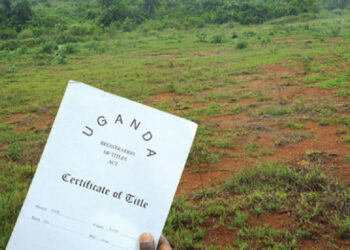By Najib Mulema
Players in the coffee sector have been tipped on the possible ways of sustaining the lucrative coffee industry in Uganda and Africa at large.
During the ongoing African Fine Coffees Association (AFCA) Coffee Conference at Serena Hotel Kampala, the Technoserve Global Coffee Director Mr. Paul Stewart said average small farmers in countries like Uganda, Kenya and Ethiopia still earn low incomes compared to their counterparts elsewhere who produce on a large scale which is a stress factor that could lead them out of business due to unsustainable coffee industries in the countries.
He cited low producing countries like Uganda and Kenya whose average coffee farmers earn USD120 and USD68 respectively compared to large producing countries like Honduras and Brazil whose average farmers earn USD1,344 and USD3,550 respectively.
Mr. Stewart said in order for coffee farmers to overcome such challenges they should learn and take part in sustaining the coffee industry which could help them increase their production levels to compete favorably with the large producing farmers.
He said the industry could be sustained through setting national targets, setting up accountability systems, offering fertilizers credit as well as offering high quality training to farmers among others.
“Coffee stakeholders should focus on sustaining coffee industries through setting national targets, putting up accountability systems, offering quality farmers’ training, involve more women, offer fertilizers credit and improve on the research agenda quality,” Mr. Stewart divulged, adding, “This will greatly increase productively and market of the commodity,”
Ms. Judith Ganes, a consultant with J.Ganes Consulting LLC, revealed that coffee production has continued to become more concentrated thus rendering small sized producers not able to keep the pace with larger producers.
“Small producers are not able to keep up the pace with larger producers so they always see their production drastically declining,” she noted, further attributing inadequate labour to low coffee production in some producing countries.
On the other hand, Mr. Konrad Brits from Falcon Coffees stressed the need to teach farmers on how to handle coffee as a way of achieving better quality to compete on the international market.
“Farmers have not been taught how to handle coffee which factor has greatly compromised the quality so stakeholders should engage farmers on how to look after the commodity for better results,” he said.
Access Uganda news easily by downloading “Watchdog Uganda” app from Google app store or follow this link; https://play.google.com/store/apps/details?id=com.watchdog.watchdp7.watchdogapp
Do you have a story in your community or an opinion to share with us: Email us at editorial@watchdoguganda.com











